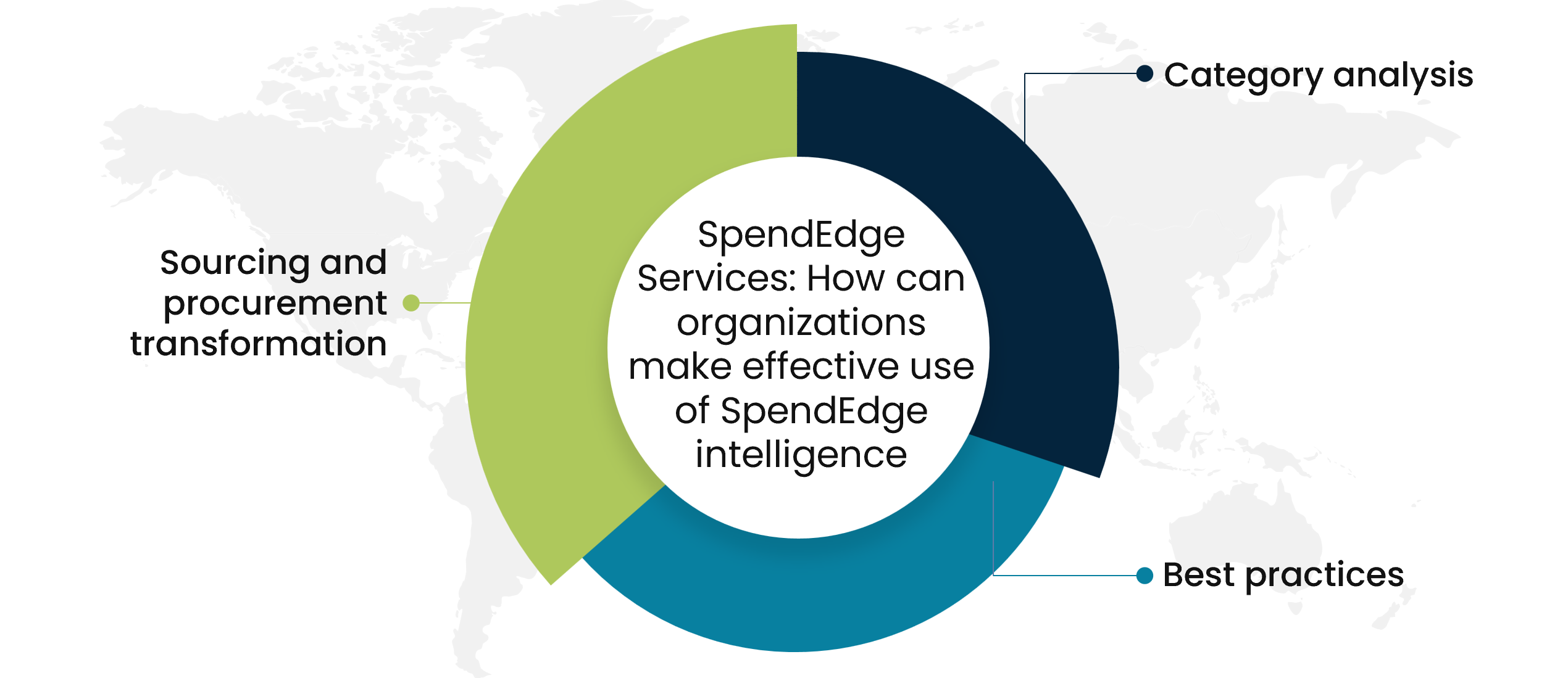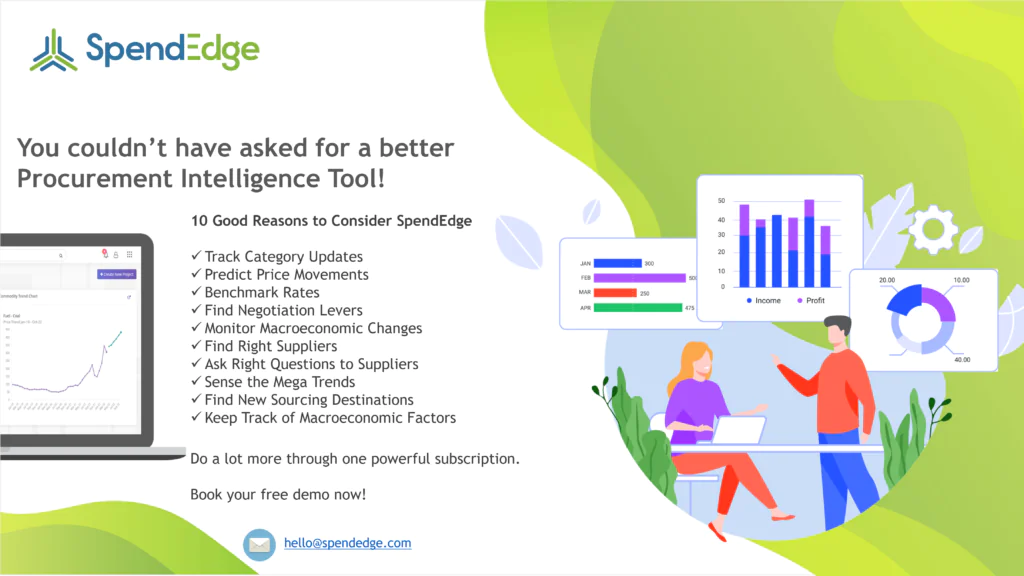By: George Mathew
Rebranding involves creating a fresh and distinct identity in the perception of stakeholders. Failure to rebrand may result in a function being perceived as non-strategic and merely tactical. A successful rebranding effort is based on the idea that a brand should occupy a space in the consumer’s mind so that when a need arises, the consumer automatically associates a problem with a specific solution or brand. For procurement professionals, this rebranding exercise presents an opportunity to elevate their importance within the organization by adopting a strategic mindset and acting as trusted advisors.
To become trusted advisors, procurement professionals should embody qualities such as innovation, authority, proactivity, supportiveness, and consideration. By demonstrating these attributes, they can establish themselves as reliable sources of guidance and influence stakeholders more effectively and consistently. This shift towards being trusted advisors not only enhances their role within the organization but also allows them to contribute to strategic decision-making processes.
What are the advantages that companies can gain from rebranding?
Monitoring the frequency of employees’ engagement with procurement activities:
Procurement aims to increase its visibility within the organization as part of its rebranding goals. The success of this goal can be measured by tracking the frequency of employee interactions with procurement or by conducting surveys to gauge their perception of the department. It is crucial to increase visibility so that employees can understand and appreciate the value that procurement brings to the company. To achieve this, procurement may update its website and resources or make other changes to improve employees’ perception and make it easier for them to interact with the department.
Improved internal relationships:
Improved internal relationships refer to the enhancement of communication and collaboration between different departments within an organization. One way to achieve this is by monitoring the volume of assistance requests received from various departments and evaluating the effectiveness of procurement in addressing these requests. By tracking and analyzing these metrics, organizations can identify patterns, bottlenecks, and areas for improvement in their procurement processes. This data-driven approach allows for better coordination between departments, ensuring that assistance requests are handled efficiently and effectively. As a result, internal relationships are strengthened, and departments can work together more seamlessly, leading to improved overall organizational performance.
Enhanced collaboration with other departments contributes significantly to the process of rebranding:
As procurement evolves into a more strategic function, it is increasingly involved in firm-wide initiatives. This expanded participation in strategic activities is particularly valuable during rebranding efforts, as it enables procurement to engage more effectively with other departments, enhance operational efficiency, and improve communication. By actively collaborating with various stakeholders, procurement can contribute to creating streamlined and value-driven efforts for the business. Companies recognize the importance of their procurement organizations in driving success, as they bring expertise in sourcing, supplier management, and cost optimization, which are crucial for achieving business objectives and maximizing overall value.
Ensures higher internal satisfaction:
Improving employees’ satisfaction with your procurement department often follows successful transformation and rebranding initiatives. When you rebrand your procurement department, it will increase efficiency and productivity in other departments as they rely on your expertise and contributions. Measuring the success of your efforts can be challenging, but it’s crucial to continue making progress and building your internal brand. You can use the framework provided to track how well your procurement organization is performing in achieving your goals and make necessary changes throughout the procurement rebranding process.
SpendEdge Services: How can organizations make effective use of SpendEdge intelligence

Category analysis – Understanding cost drivers and market trend
We help you accurately estimate the real cost of whatever you’re purchasing and negotiate better supplier rates – especially in times of market volatility. By obtaining our relevant patterns from large volumes of data, you can get a dashboard view of cost drivers and market-shaping trends. You can also drill down into cost elements, raw material prices, and best practices. Leveraging our category market intelligence can be a dominant differentiator in highly contested markets. By anticipating and responding more proactively to cost and price movements, you can get the most out of your costs. And finally, engaging certified vendors from emerging markets can help you achieve better cost mileage.
Best practices: Analyzing competitor’s practices in terms of strategy alignment
We can assist you in understanding the most widely recognized and accepted set of procedures that serve as benchmarks and aid in improving the efficiency and results of sourcing and procurement activities. By enforcing our best practices, we can streamline processes and bring in standardization of operations, which reduces confusion. Our methodology can help you eliminate unnecessary steps, thereby improving efficiency and collaboration. Adhering to preset guidelines as defined in the best practices helps maintain high-quality standards in terms of product, service, and processes by minimizing errors. This ensures that your sourcing function stays ahead in every decision it takes.
Sourcing and procurement transformation:
SpendEdge’s sourcing and procurement transformation service involves a strategic overhaul of an organization’s supply chain processes. This includes assessing current operations, identifying inefficiencies, and developing a roadmap for improvement. The strategy integrates technology, such as e-procurement systems, and focuses on process optimization, including standardization and automation. The goal is to enhance efficiency, reduce costs, and align with overall business objectives.
Success Story
Our client is a US-based CPG company that faced challenges in its procurement processes, with outdated practices and inefficiencies impacting overall business performance.
Our experts evaluated the current state of procurement, identified pain points, and established key performance indicators (KPIs) for the rebranding initiative’s success. They conducted a thorough analysis of existing sourcing strategies, developed customized advisory solutions to enhance efficiency and reduce costs, and outlined a roadmap for the transformation of sourcing and procurement functions. Integration of technology solutions was also implemented for improved efficiency and transparency.
Our solutions significantly improved the client’s procurement efficiency and cost savings, streamlining sourcing processes, optimizing spend across categories, and achieving favorable negotiation terms. The implementation was successful with minimal disruption to sourcing and procurement functions.

Contact us now to solve your procurement problems!
Author’s Details
George Mathew
Associate Vice President, Sourcing and Procurement Intelligence
George is a procurement specialist at Infiniti Research and provides advisory services to clients across the pharmaceutical, CPG & FMCG, energy, and automotive sectors. He specializes in the procurement areas of industry benchmarking, cost modeling, rate card benchmarking, negotiation advisory, and supplier intelligence.




